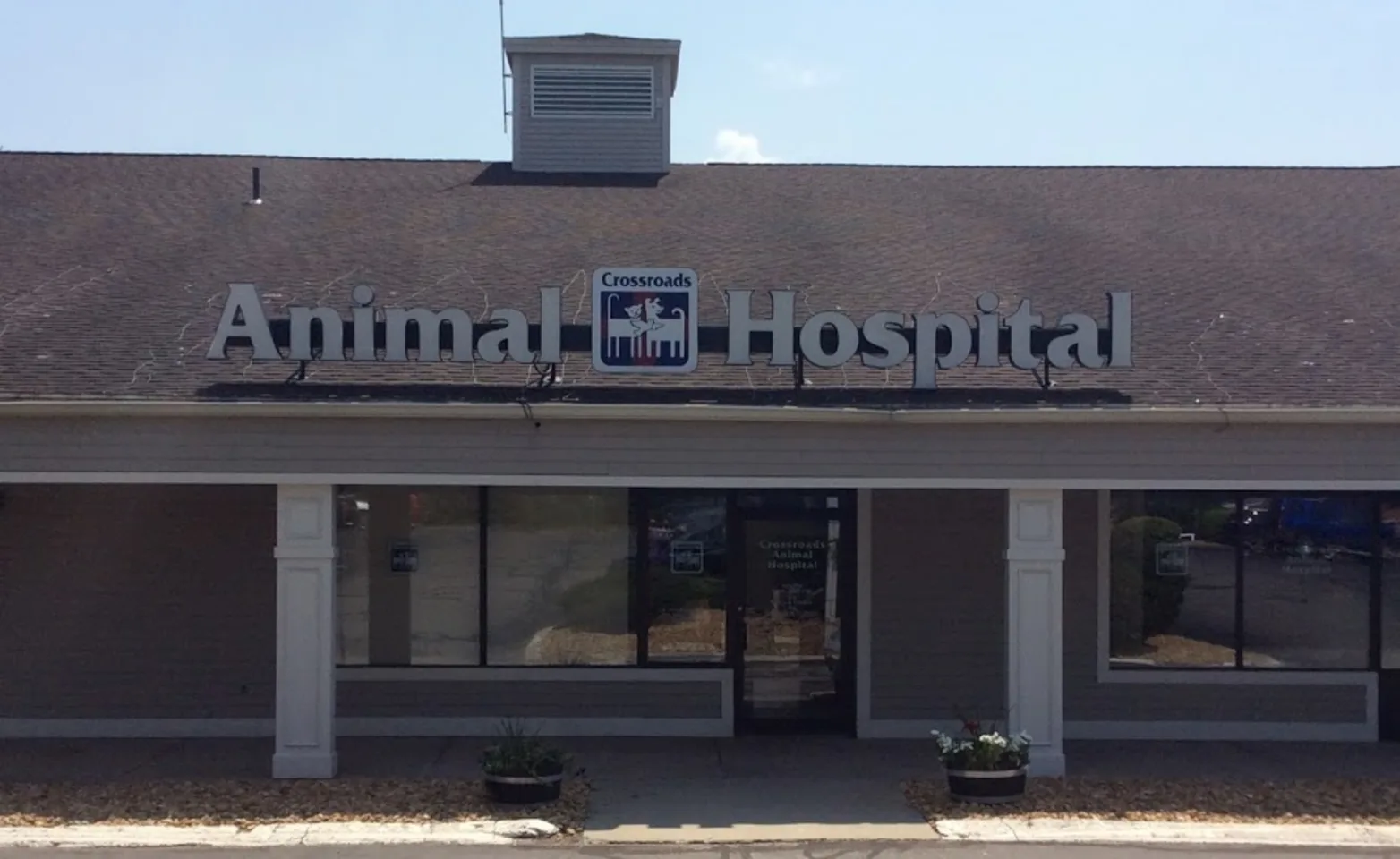Crossroads Animal Hospital



Welcome to Crossroads Animal Hospital
We understand the special role your pet plays in your family and are dedicated to becoming your partner in your pet's health care. We treat your pet as we would our own, and our goal is to practice the highest quality medicine and surgery with compassion and an emphasis on client education. Our entire healthcare team is committed to providing personal attention to the unique concerns of each individual pet owner.
Loving pets is a prerequisite to working here, so you can rest assured knowing that we will treat your pets like family. It is our policy to keep you informed and involved in the decision making every step of the way. We work to provide exceptional, affordable care to all in our community who need it. Click below to learn more about our amazing team that keep this vision going each and every day.
Client Reviews & Testimonals
We value our clients’ experience at Crossroads Animal Hospital. Here’s what some people are saying about us.




